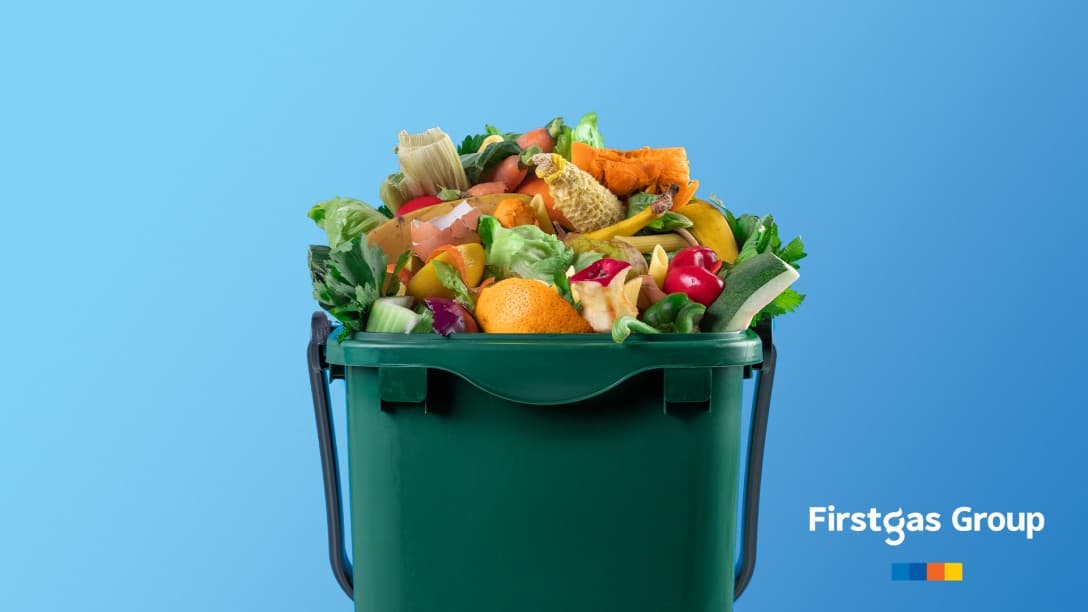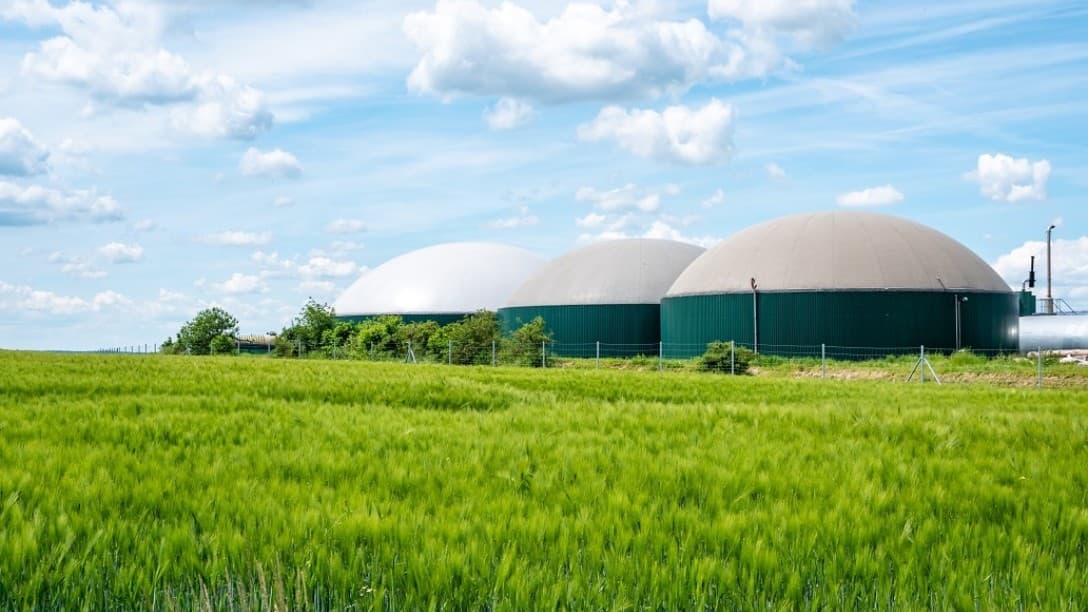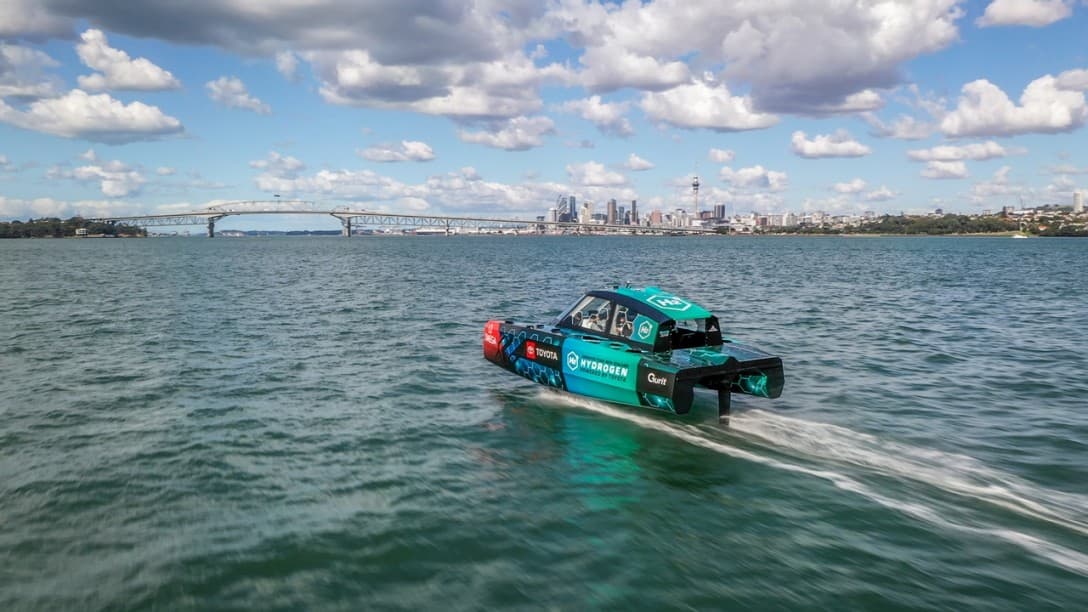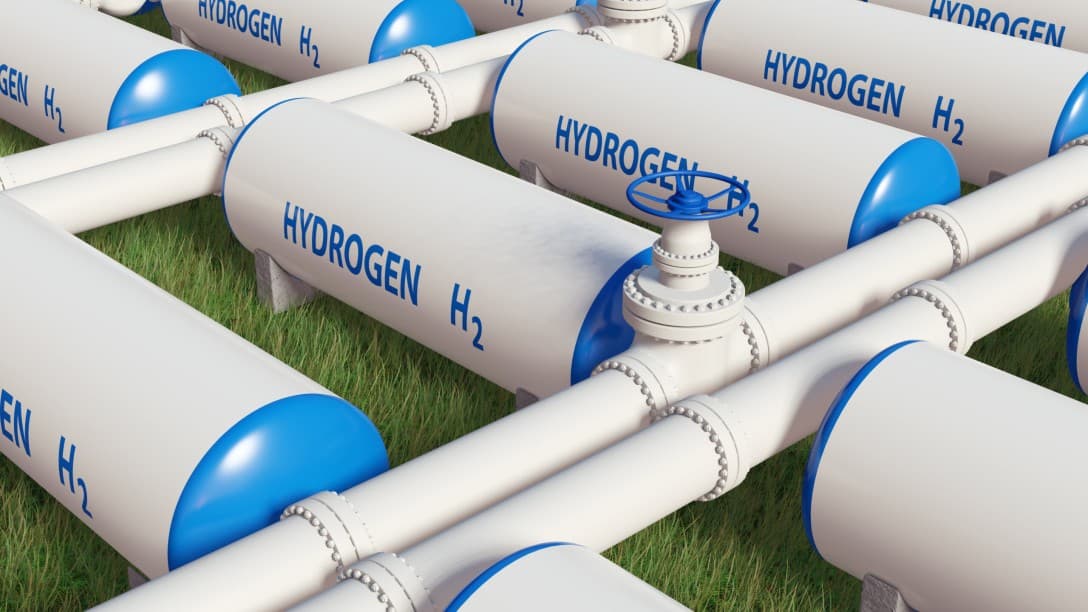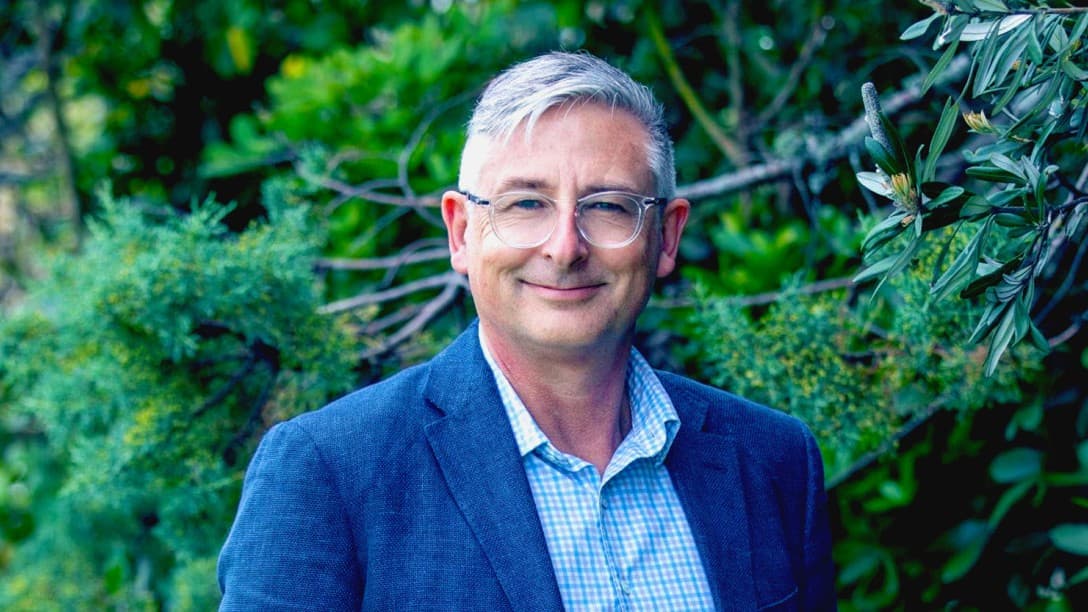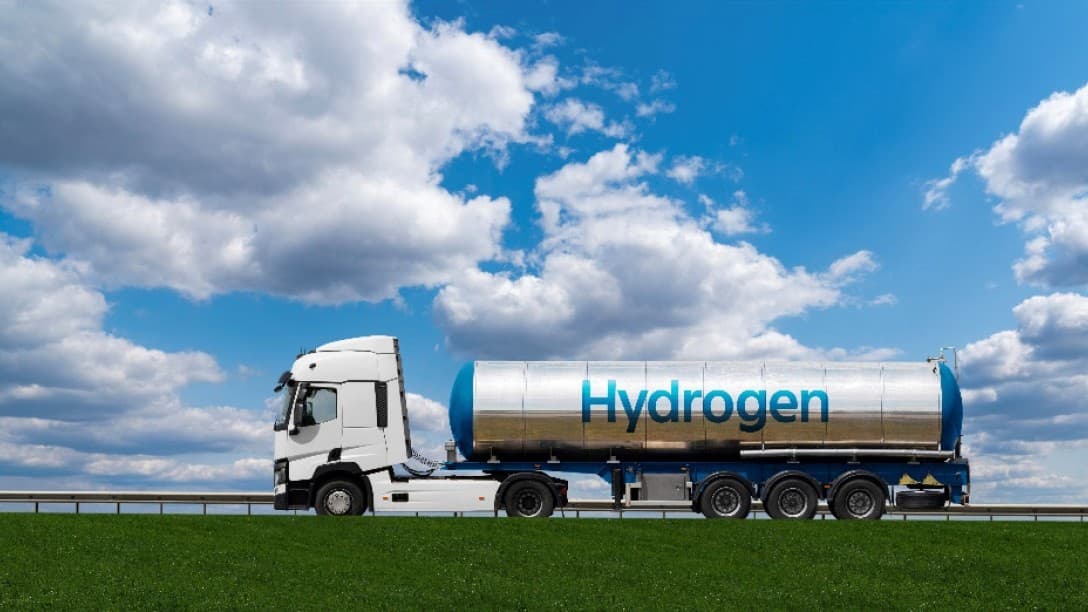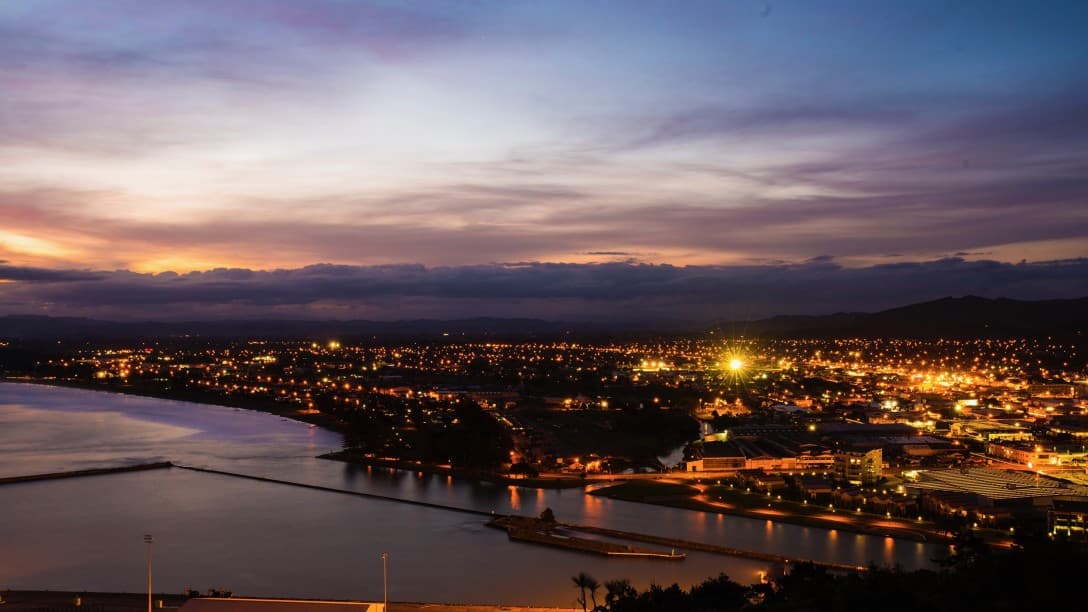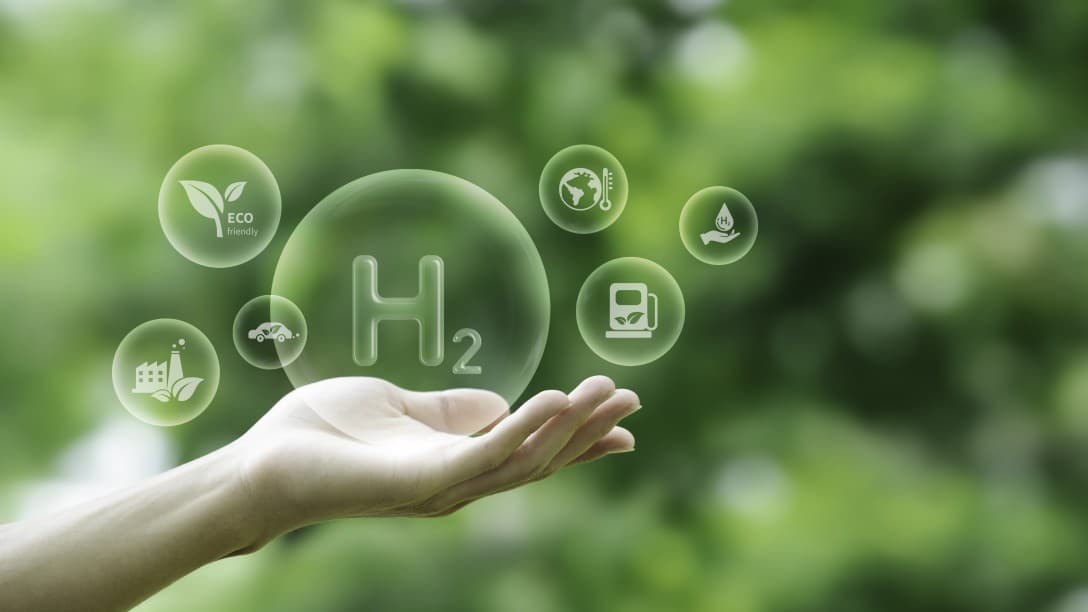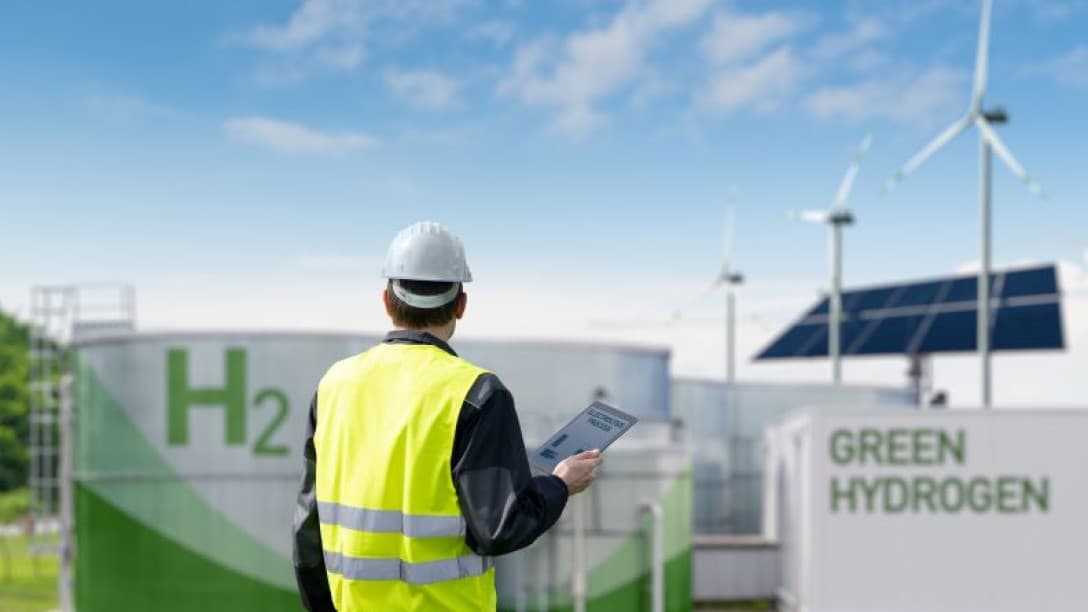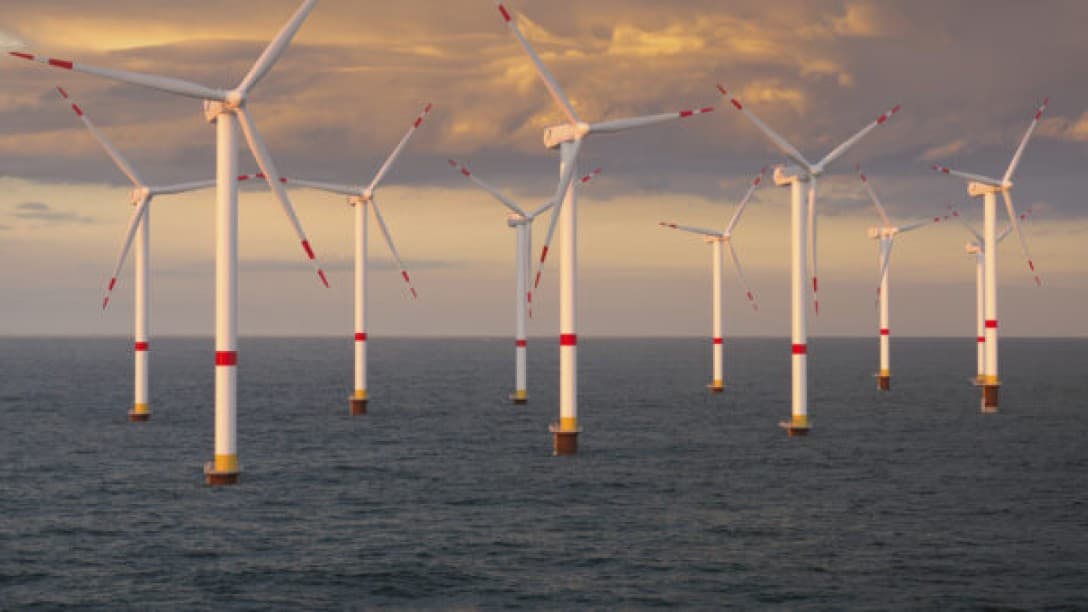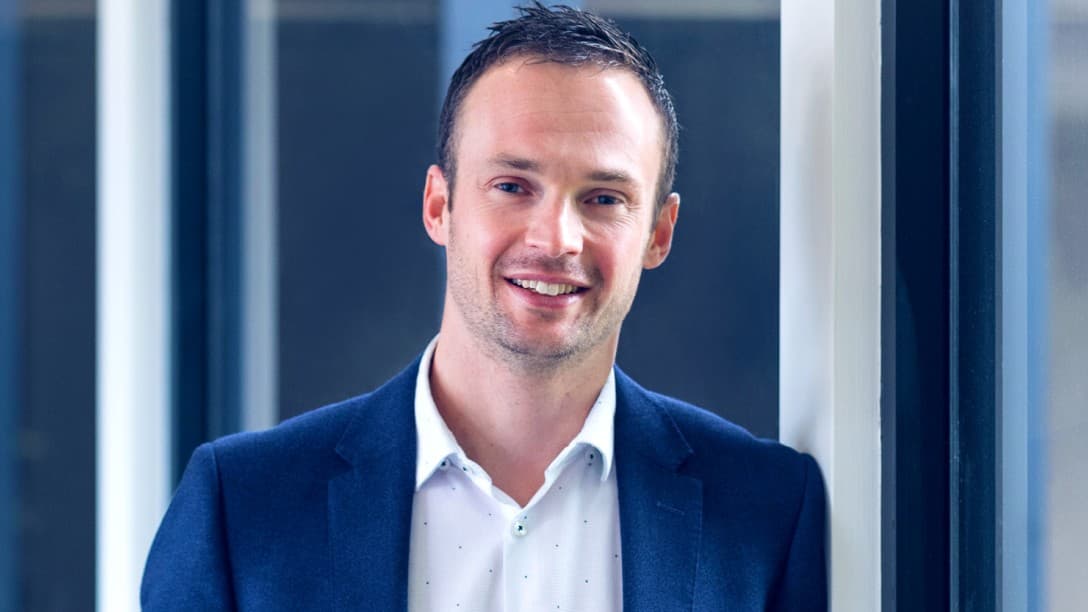It’s a confusing time for energy consumers, especially those using gas. We are told on the one hand that our country needs to go 100% electric and that our gas supplies are dwindling. Yet gas remains critical to supporting our country’s variable renewable electricity generation sources – a point that was made crystal clear with the threat of power shortages on the coldest day of the year so far.

Customer Contact Centre, Clarus
0800 347 784Send emailGeneral enquiries
Media Enquiries
Send email
Firstgas Group and Ecogas to turn kerbside food waste into renewable gas – a milestone for NZ’s circular economy
Clarus (formally Firstgas Group) is building a state-of-the-art plant to upgrade Ecogas’ biogas into renewable gas to inject into the gas network – on track for deployment by Q2 2024.
Big oil moves into biogas
Big oil companies aren’t in the business of losing money. That’s why it’s fascinating to see Shell and BP investing billions of dollars into biogas, a renewable energy source that could eventually replace natural gas and help reduce global carbon emissions.
Ecogas Organics Processing Facility
In October 2021, our Firstgas Group team attended Ecogas’ official opening of their new Organics Processing Facility in Reporoa, the first of its kind in New Zealand.
Firstgas Group receives OIO approval for acquisition of Eastland Network
Firstgas Group is pleased to confirm Overseas Investment Office (OIO) approval for the acquisition of Eastland Network. The transaction will be completed on 31 March 2023.
Chase Zero shows hydrogen’s massive marine potential
Team New Zealand has developed a hydrogen-powered chase boat that is showing the world how powerful marine hydrogen can be. In 2021, the current America’s Cup holders were thinking about the team’s carbon footprint
Why Hydrogen is safe
Hydrogen has been safely stored, transported and used across industries over many decades. Just like natural gas, LPG and petrol, hydrogen safety is about understanding how the gas behaves and how to handle it.
Newly appointed Board member brings expertise in electricity infrastructure and renewable generation
Jason brings with him over 30 years of experience working in the energy sector with particular focus in strategy, M&A transactions, and infrastructure investment. Alongside his governance roles, Jason works as an independent consultant and advisor.
Independent report finds hydrogen storage best solution to support a fully renewable electricity system
An independent study by electricity expert Energy Link has found that large-scale hydrogen storage is a better solution than other options that include pumped hydro storage or over-building renewable capacity to fully decarbonise Aotearoa’s electricity system.
How hydrogen could transform long-haul freight
Transport is responsible for 17% of New Zealand’s carbon emissions, and heavy vehicles emit almost a quarter of all our transport emissions. But while it’s fairly easy to swap out a petrol car for a low-emissions one, decarbonising the shipping, trucking and aviation industries is much trickier.
Firstgas Group broadens its energy network with Igneo's acquisition of Eastland Network
Eastland Network will join the Clarus (Firstgas Group) following its acquisition by international infrastructure investor, Igneo.
What is Green Hydrogen
Firstgas Group is right behind Aotearoa’s carbon zero future. That’s why we are investigating renewable gas solutions including green hydrogen, which we think will play a big part in that future.
Blending hydrogen into gas pipelines
Hydrogen has a vital role to play as Aotearoa’s transition to a zero-carbon future and Firstgas Group is investigating the role of hydrogen and what we will need to do for our network to carry hydrogen in the future.
Hydrogen blending: A step on the path to net zero
As Kiwis, we love the benefits gas brings. Think instant heat, endless hot water, and cooking with a flame. Based in the energy-rich region of Taranaki, Firstgas connects over 300,000 homes and 19,000 businesses and industries, to gas.
Why wind turbines and green hydrogen are a perfect match
Humans have been capturing wind energy for thousands of years – from sailing ships to wind-powered water pumps to windmills.
New GM to lead Firstgas Group Future Fuels team
Clarus (formally Firstgas Group) welcomes James Irvine, General Manager Future Fuels, who will lead a newly established and dedicated Future Fuels Team in the development and implementation of Clarus (formally Firstgas Group) renewable energy strategy.
Firstgas Group commend climate change commission for retaining energy options
Clarus (Formally Firstgas Group) says the Climate Change Commission has delivered a final recommendation that acknowledges the important role zero carbon gas may have in reducing New Zealand’s carbon emissions by 2050.


